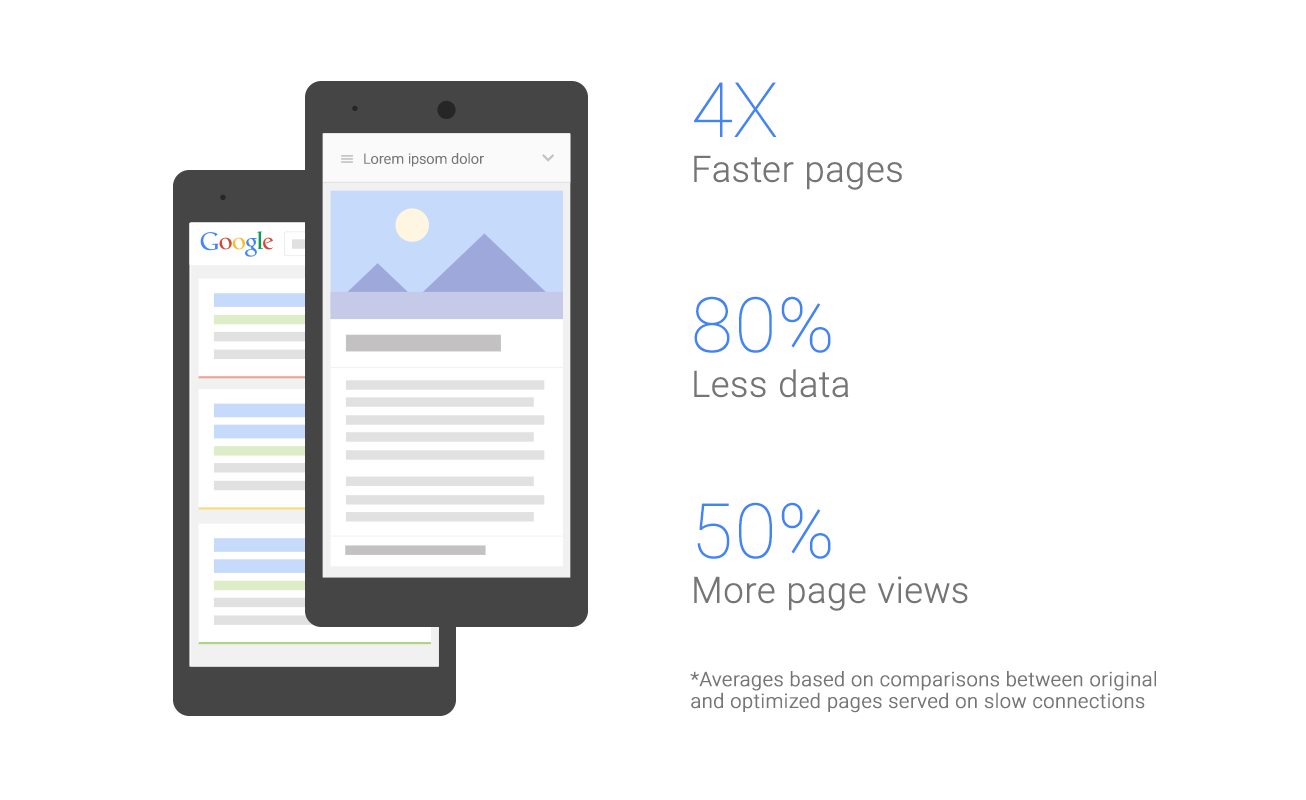Affiliate links on Android Authority may earn us a commission. Learn more.
Google tests converting websites so they load 4x faster over slow connections
Published onMay 4, 2015

Android users in Indonesia navigating on slow connections will soon be served streamlined versions of websites that load four times faster and consume 80 percent less data than normal versions.
Here’s how it works: when detecting a 2G or other slow connection, Google will automatically serve a stripped down version of the website that the user requests. This process is called “transcoding” and happens on the fly, without requiring any modification from the website’s behalf.
The approach resembles a bit what Opera Mini does with its data compression service. But Google goes deeper by optimizing the websites and stripping off non-essential content. Ads are also removed, though Google will preserve ads from its own AdSense and a few other networks. The company said its working to support other networks in the future.
Not every website can be transcoded; large sites, like video sites, any site that uses cookies, and sites that are “technically challenging” are excluded.
Webmasters can opt out from the program, and users can click on a link at the top of the page to get the regular version.
Google claims that transcoding speeds up page loading by up to four times, reduces data consumption by 80 percent, and increases page views by 50 percent. After all, users will browse a whole lot more if the experience is faster and smoother.
Google will begin field testing the feature later this month in Indonesia, for users running Chrome or the Android browser on Android 2.3 or higher. Only mobile users using slow connections will see the optimized pages.
There’s no information on the program expanding to other markets for now. Would you be interested in something like this in your own country?